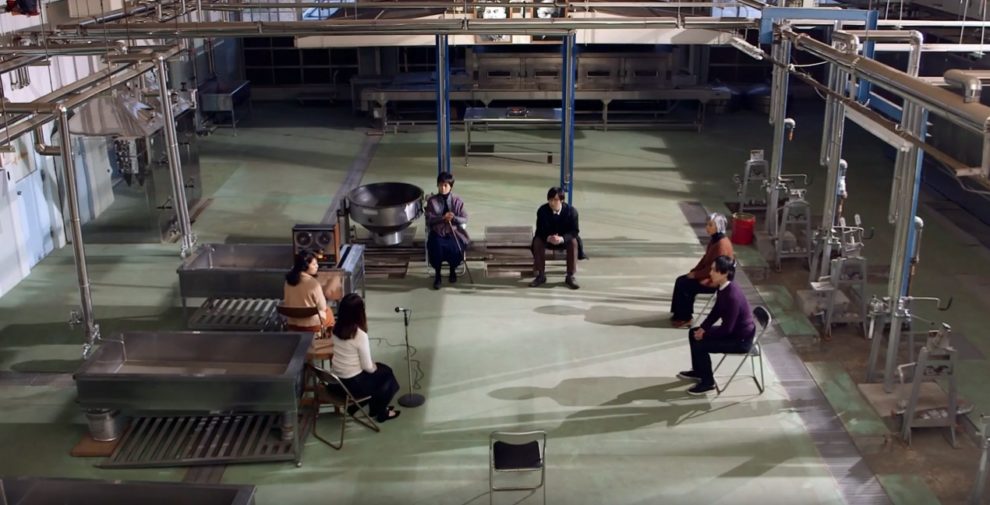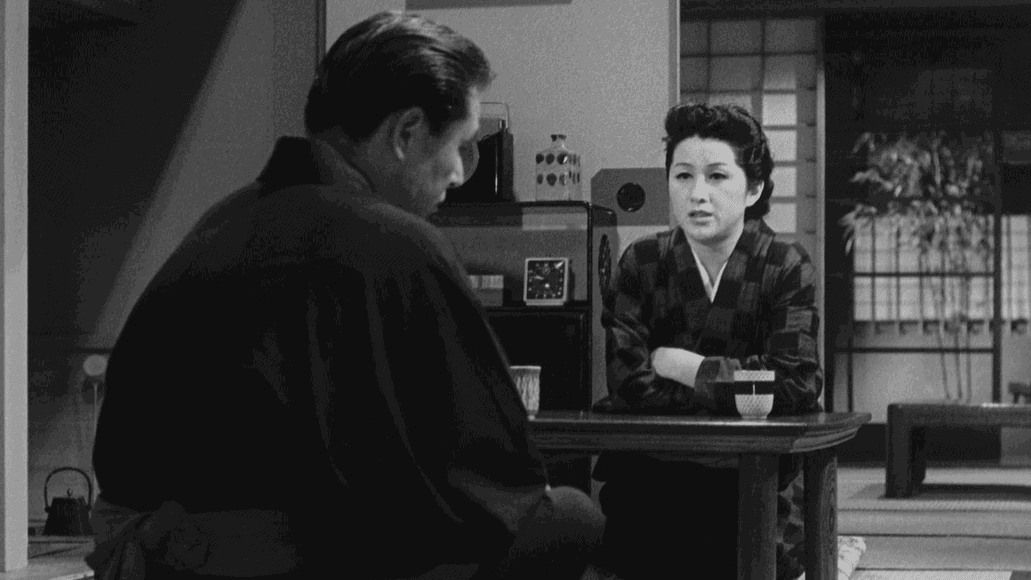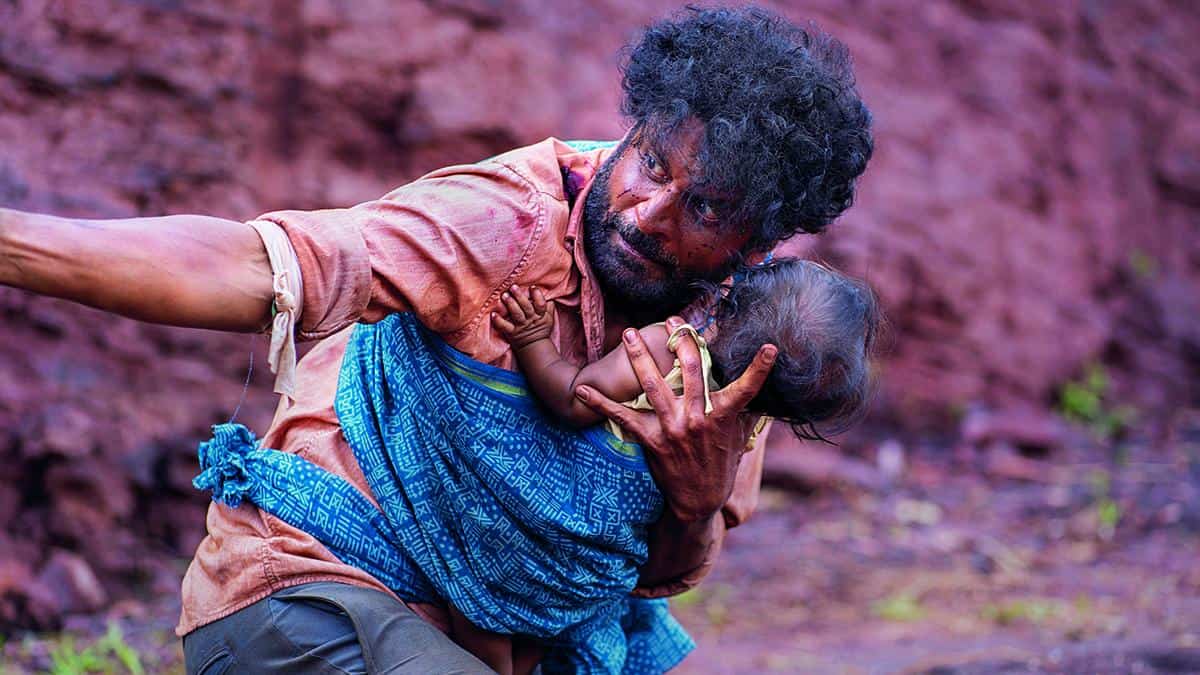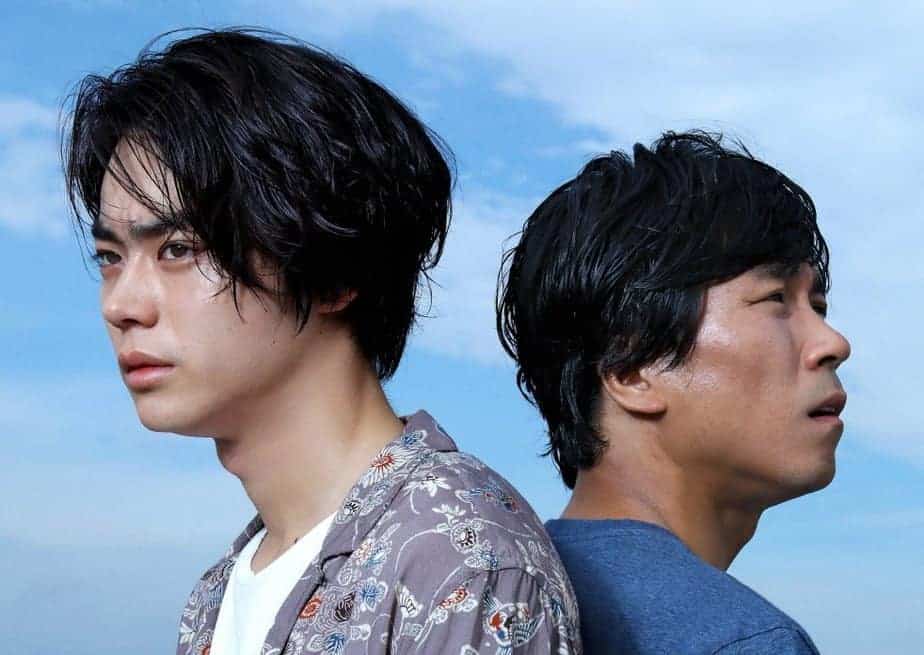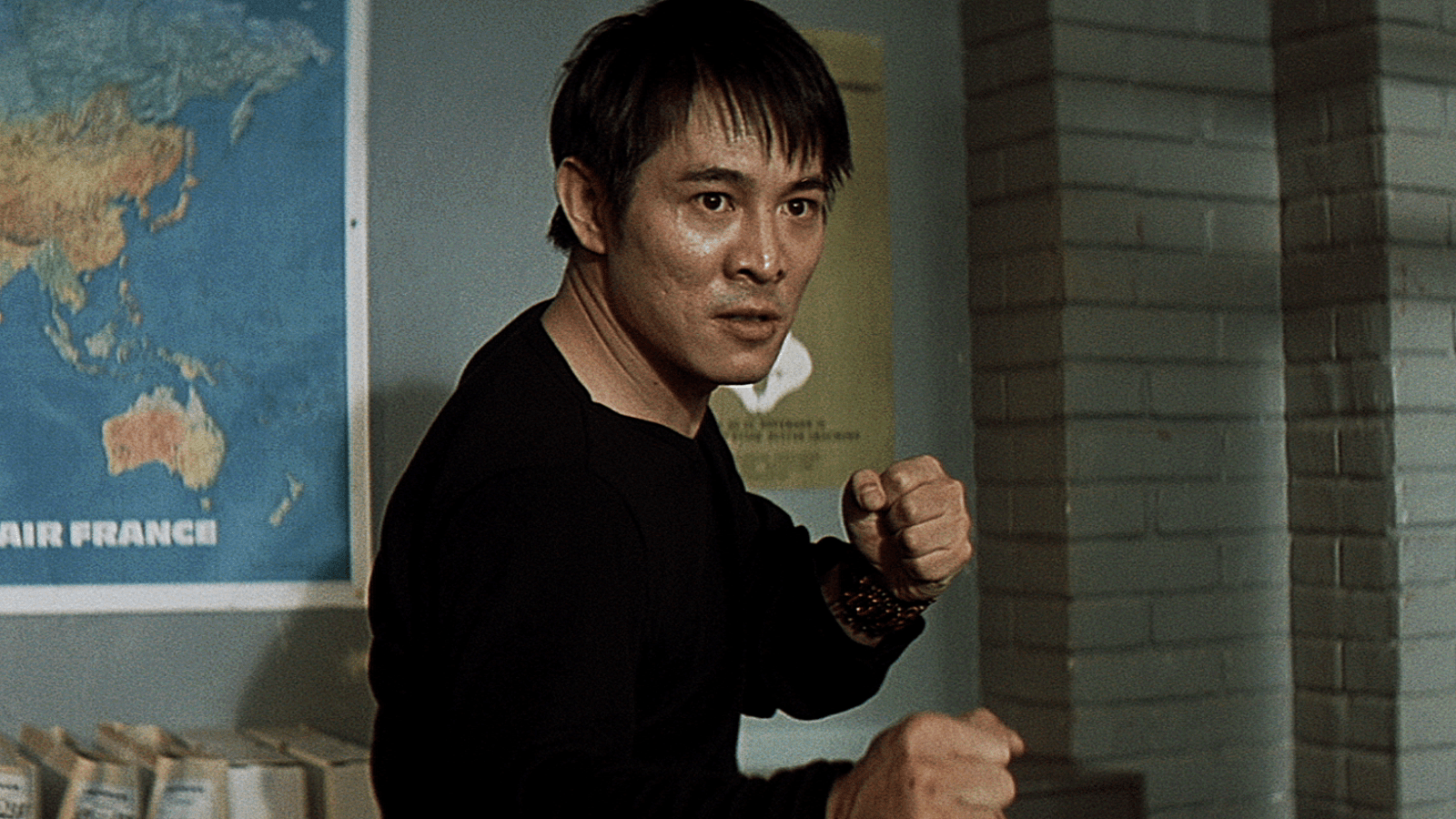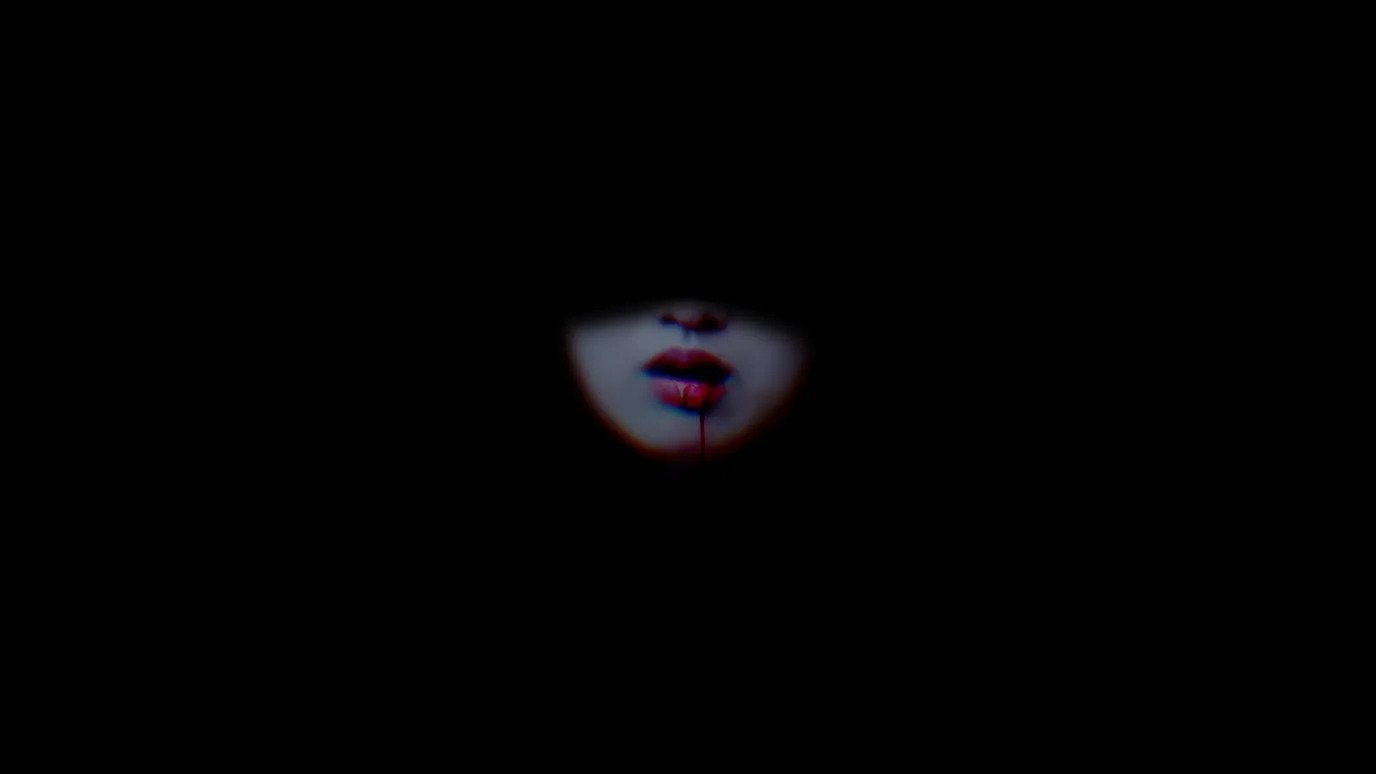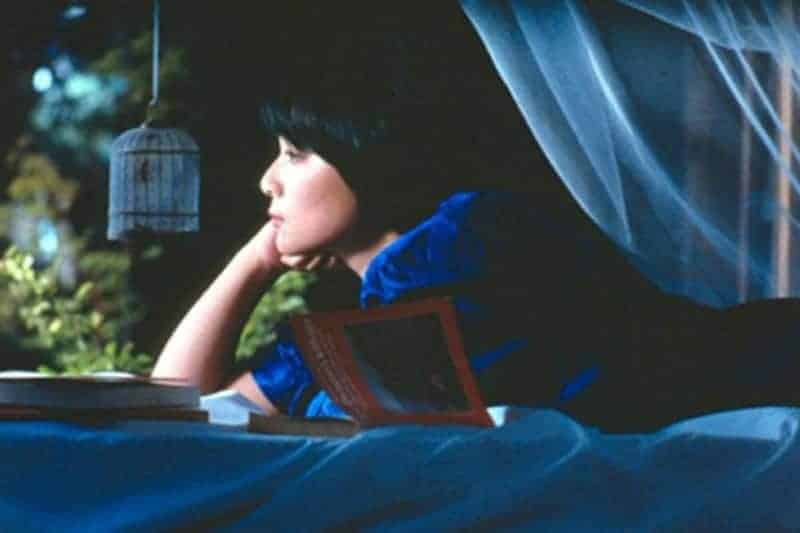Although the title seems rather strange, another extreme manifestation of Japanese imagination, it turns out the occult was an aspect of Bolshevism, represented by both Gleb Bokii, a paranormal investigator who became a leading member of the Cheka, the first Soviet secret police and extensively in literature, as Marina Aptekmna's paper highlights. In this case however, and although the concept of the Great Terror seems to be an important aspect of the narrative, the combination also seems to be aiming at some sort of mockery. Let us take things from the beginning though.
Occult Bolshevism is screening at Inland Dimensions
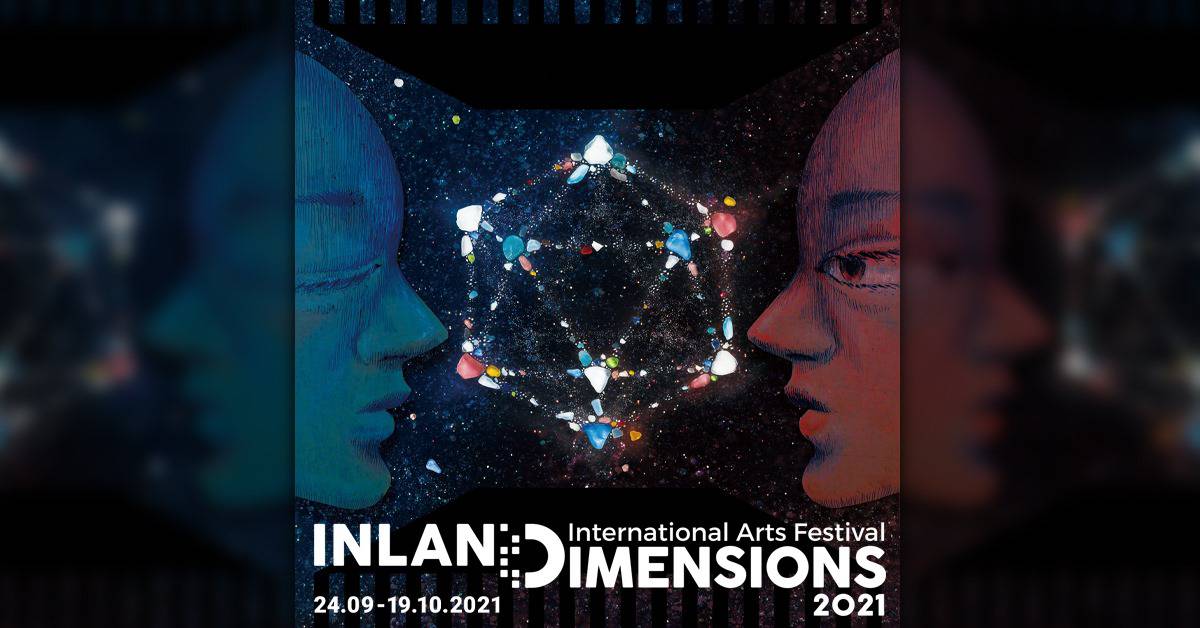
A group of people are gathered in an abandoned factory, where an experiment about the supernatural is being conducted. The purpose of the experiment is not known to all, and particularly the latest arrivals, a young man named Ando and his fiance, Yukiko, seem to be almost completely out of the loop. Initially, the experiment just consists of the people there narrating their experiences communicating with the dead or the supernatural in general, but the way they go about their stories starts looking more and more like a competition as time passes. At the same time, that a woman who seems to be the “whip” of the organizers, hits Ando when he utters a phrase that goes against the organization's lines, and a demand to burn all religious objects the participants may carry highlights that something strange is going on. Soon it is revealed that the most horrendous aspects of Bolshevism are the ones dominating the experiment, whose purpose seems to be to find the most suitable conduit to connect to the other side.
Hiroshi Takahashi uses a number of jump scares and some of the regular “tricks” of J-horror, but his approach towards the film is anything but usual. To begin with, the narrative functions much like a stage play, with the actors sitting on chairs in a room witnessing each other tell their stories, in an approach that also looks more like some sort of experimental movie than a horror one, particularly after the scene where they all stand up, look at the portraits of Stalin and Lenin and sing along the Soviet national anthem, in an action that seems to mock the whole concept of Bolshevism in essence.
Through this approach however, Takashi invokes the same approach to J-horror Kiyoshi Kurosawa or more recently, Jun Tanaka's “Bamy” implemented, slowly building an atmosphere of terror and an overall sense of creepiness, through elements that are usually associated with art-house movies. The long takes, courtesy of the excellent lensing by Tatsuya Yamada, the slow pace, the minimalist sound and music, and the acting, which frequently functions as some kind of narration all move towards this path, as the concept of “slow horror” is implemented in the best fashion by Takahashi.
These tactics benefit the most by the casting and the acting, with the more mature actors, like Asako Minamitani, Ito Yozaburo and Yoko Chosokabe looking as if they know much more than they reveal, and the younger ones, particularly Yuki Tomoyama, looking out of their depth, essentially as being there just to be exploited. The one who truly shines though, and not just for her evident beauty, is Hanae Kan as Yukiko, who gives a rather convincing performance in the role of a young woman who essentially knows what is going to happen and what her role is, although she has not yet acknowledged it. Her overall measured performance sets the note for the whole movie, in a rather fitting, overall approach to the acting.
Granted, after a point, Takahashi seems to lose his sense of measure somewhat, moving towards more cliched genre filmmaking paths, but the overall essence the movie emits is of something unique, which communicates the sense of terror through a rather artful approach.


